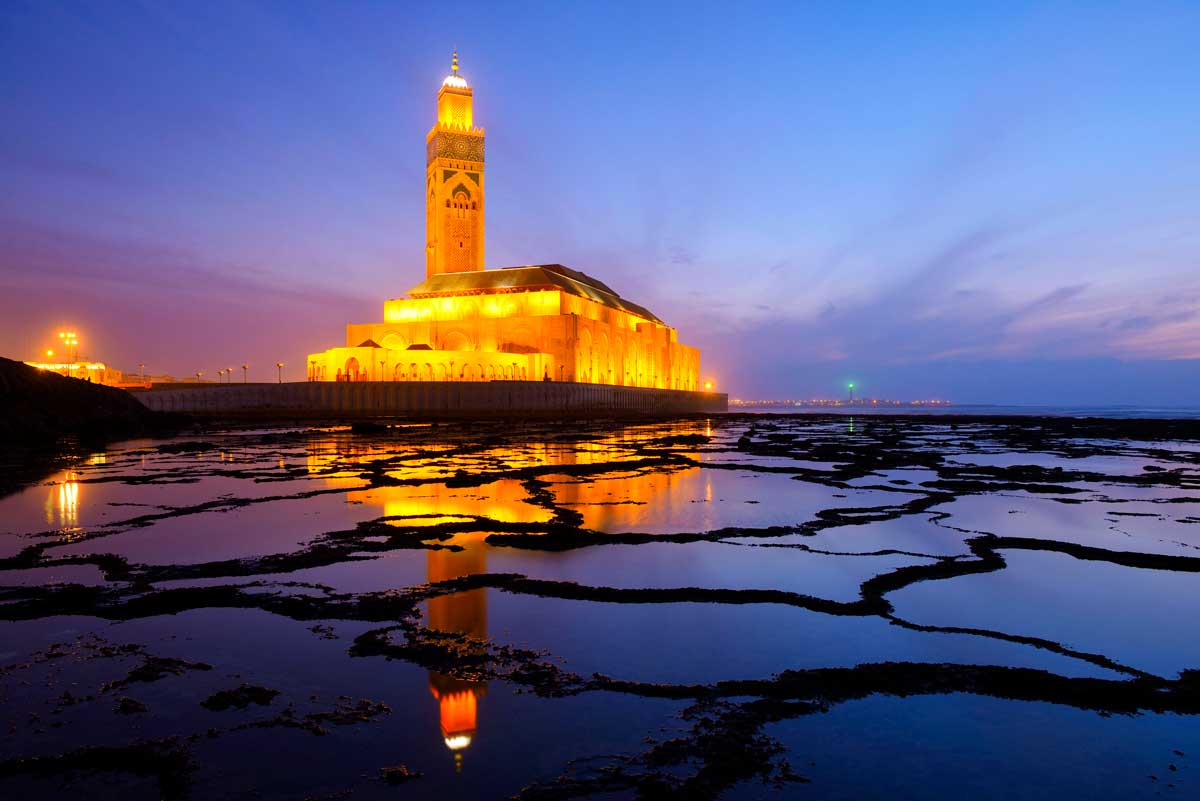Is It Permissible to Name One’s Daughter Barakah?
Answered by Shaykh Faraz A. Khan
Question: Is it permissible to name one’s daughter Barakah? This was one of the names of the caretaker’s of Rasulullah pbuh, however I came across this hadith.
Hadith – Muslim 5559, Narrated Jabir ibn Abdullah:
“Allah’s Messenger wanted to prohibit [his followers] from naming persons as Ya’la (Elevated), Barakah (Blessing), Aflah (Successful), Yasar and Nafi’, and the like; but I saw that he kept silent after that and did not say anything. Later, Allah’s Messenger died without having made that prohibition. Then Umar desired to prohibit such naming, but then gave up the idea.”
Does this hadith apply to us when naming our children? Can you please clarify?
Answer: Assalamu alaikum wa rahmatullah,
I pray this finds you in the best of health and states.
The short answer is yes, it is permissible to name one’s daughter Barakah.
The Related Hadiths
With respect to the hadith you cite, it is the last hadith in the related chapter of Sahih Muslim, and as you mention, it affirms that the Beloved Messenger wanted to prohibit naming one’s slaves [or children] Ya`la, Barakah, Aflah, Yasar, and Nafi`, yet decided not do so (Allah grant him and his folk blessings and peace). This is the hadith related by Jabir ibn Abdullah (Allah be pleased with him).
With respect to the other hadiths in the chapter, there is a hadith related by Samurah ibn Jundub (Allah be pleased with him) that states that the Messenger (Allah grant him blessings and peace) actually did prohibit naming with the names Aflah, Rabah, Yasar, and Nafi`.
Also, the prohibition is not limited to the names mentioned in the hadiths, yet would apply to other names of similar meaning.
The Reasoning and Legal Ruling
The reason for this prohibition is explicitly mentioned in yet another narration, in which the Prophet (Allah grant him blessings and peace) explained, “For indeed, you will say, ‘Is he there?’ And he won’t be there, so someone will respond, ‘No.’”
That is to say, these names all have meanings that are positive and related to blessings: Ya`la means elevation; Barakah means blessings; Aflah means success; Yasar means ease; Nafi` means beneficial; Rabah means profit or increase.
So if one has a child named “success” for example, and asks if he is present, then if the child is not present, the response will be, “No, ‘success’ is not here.” This is firstly quite distasteful, and secondly, it could cause some people to fall into the vice of taking bad omens (tiyara).
However according to the majority of scholars, the prohibition is one of ‘tanzih’: that is, it does not entail sin, yet rather indicates what is better to avoid.
The proof for this is that the Messenger (Allah grant him blessings and peace) himself had a slave named Rabah, and another freed slave named Yasar. The fact that he did not change their names indicates permissibility of naming with such names. And as you mention in your question, his caretaker’s name was Barakah, as well as Umm Ayman, both names referring to ‘blessings’.
For this reason, Ibn Umar (Allah be pleased with them both) named his freed slave Nafi`, who was incidentally an eminent scholar and hadith narrator.
Reconciling the Two Narrations
As for the hadith of Jabir, in which the Prophet (Allah grant him blessings and peace) wanted to prohibit such naming yet decided not to—this prohibition (that did not take place) was one of ‘tahrim’: that is, a prohibition entailing sin. The Prophet had wanted to make such naming sinful, yet refrained from doing so.
With respect to the prohibition of ‘tanzih’, he did make such a prohibition, as established in the hadith of Samurah.
[Usmani, Fath al-Mulhim bi Sharh Sahih Muslim]
To summarize, one is allowed to name children with such names, yet it might be better to avoid if one is prone to giving heed to omens. And Allah knows best.
wassalam,
Faraz
Checked & Approved by Faraz Rabbani
